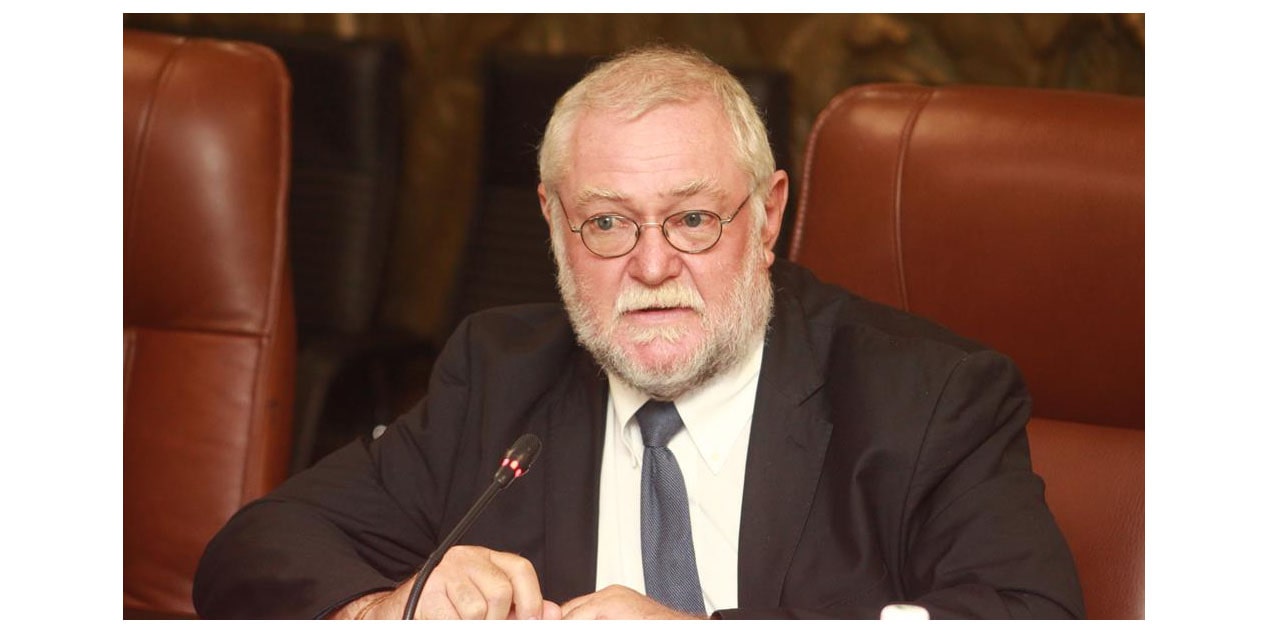Niël Terblanché
In an effort to address historical land injustices and improve living conditions for marginalised communities, the Namibian Ministry of Agriculture, Water and Land Reform has announced the establishment of communal land in the Khomas region.
This development, aimed at correcting the legacy of colonial-era land dispossession, was detailed by Minister Calle Schlettwein in a speech delivered to the National Assembly.
Schlettwein stressed the importance of this initiative, highlighting that the Khomas region, despite being central to Namibia, is the only region without designated communal land.
According to the minister, this has left many residents, particularly those from the /Khomanin Traditional Community, without access to land for settlement and agricultural activities.
Schlettwein noted that this lack of communal land has forced many into precarious living conditions, either as generational farm workers or dependent on landowners for accommodation.
The establishment of communal land in the Khomas region follows extensive consultations and is a response to repeated calls from the /Khomanin Traditional Authorities and civil society.
The decision was reinforced by resolutions from the second National Land Conference, underscoring the government’s commitment to land reform and the restoration of land rights to historically dispossessed communities.
Two commercial farms, Groot Korasieplaats, have been acquired for this purpose, encompassing a total of 8,132 hectares.
Sclettwein said that these farms are located approximately 140 kilometres northeast of Windhoek.
The acquisition cost of these farms was approximately N$33.9 million, inclusive of transfer fees.
The Khomas Communal Land Board will oversee the allocation and management of the newly established communal land in accordance with the provisions of the Communal Land Reform Act of 2002.
According to Schlettwein, the Communal Land Board will consist of representatives from the /Khomanin Traditional Authority, organized farmer’s unions, conservancies, and various governmental ministries.
He said that four women will be appointed to the board to ensure gender representation, particularly women involved in farming and those with expertise in land management.
Schlettwein stressed that this initiative is a critical step in the journey to rectify the unequal distribution of land, a legacy of Namibia’s colonial past.
He acknowledged that while the current allocation might seem limited, it represents a significant step towards fulfilling the government’s promise to restore dignity and economic opportunities to the affected communities.
The minister also stressed the importance of future expansions and the provision of support for modern agricultural practices to ensure the sustainability and productivity of the communal land.
Schlettwein called on the members of the National Assembly to approve the establishment of the communal land by pointing out the government’s unwavering commitment to social justice and economic equity.




